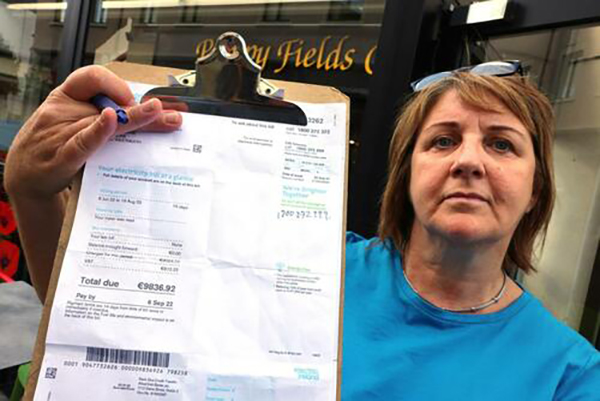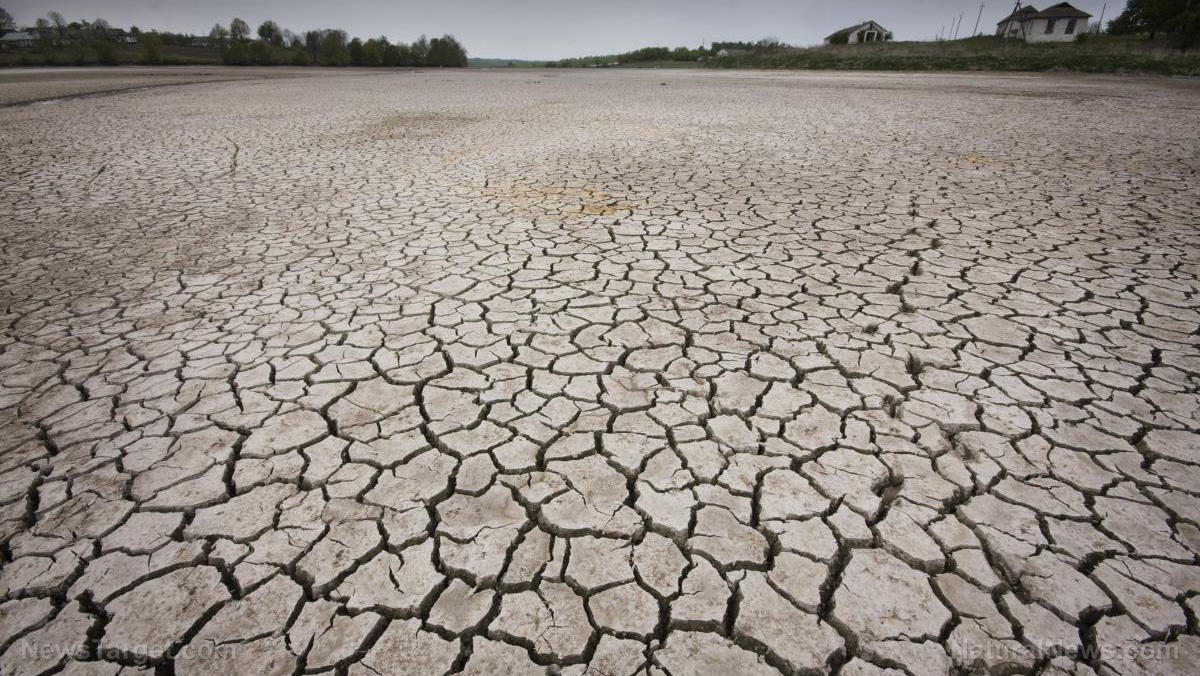Baby formula crisis deepens as nationwide out-of-stock rate hits 30%
08/02/2022 / By Cassie B.

The baby formula crisis in the U.S. continues to get worse as 30 percent of all infant milk brands are now out of stock – and frustrated parents are upset with President Biden, whose claims of making formula more accessible are not making any difference.
The hardest-hit states are Wyoming and Arizona, where out-of-stock rates of 42 and 44 percent are being seen. However, the shortages are being felt throughout the country.
One Louisiana mother, Amber Bergeron, used terms like “disgusting” to describe the crisis and pointed out that those in power are probably not suffering the way that families in middle America are.
After being unable to find the special formula needed to provide her premature twins with proper nutrition, she resorted to buying it from another mom on Facebook.
“Formula is not something that should be gone without and the fact that we have had problems feeding our babies and it’s going on nationally, that’s ridiculous,” she noted. “That’s disgusting to me because I’m sure these politicians’ babies eat. I’m sure they find a way.”
The problem has eased somewhat in recent weeks for families who can be flexible when it comes to the brand or type of formula they use, but for babies with allergies or other nutritional concerns, it has been an uphill battle. There is still a very limited supply of easy-to-digest and hypoallergenic formulas. It can take some time to find alternatives that a specific baby can tolerate, and once a suitable option is found, there is no guarantee that parents will be able to find it again when they run out.

It is particularly difficult for families that use WIC program benefits. While some families can find the formula they need by driving great distances, those who rely on WIC have more limited choices as not all stores accept these benefits and some states do not allow families to buy alternatives if their usual brand is out of stock.
The government has been trying to ease the shortage, with the FDA recently relaxing rules so that foreign manufacturers can sell their formula in the country. A framework is reportedly being created that will keep the door open to importing foreign formula permanently. Last week, France’s Danone shipped more than 750,000 cans of formula to the U.S., and 550,000 more were reportedly on their way. However, it hasn’t been enough to keep the 3 million babies born each year in the U.S. fed.
Formula shortage likely to persist through fall, experts warn
Supply chain experts are predicting that the shortage will last well into fall. Some experts have suggested that the government could ease the crisis by increasing domestic production. Right now, around 98 percent of America’s baby formula is made domestically, with four companies accounting for 90 percent of the market: Nestle, Abbott, Perrigo and Reckitt.
Lawmakers on both sides of the aisle have criticized the FDA for its slow response to the crisis and have requested a plan outlining how future shortages will be avoided.
The current shortage began when Abbott Laboratories closed the doors of its Sturgis plant in February and issued a recall in the wake of a regulatory investigation of a potentially deadly contamination. The Michigan plant had been producing 20 percent of the brand’s formula, in addition to being a major supplier of specialty formulas for babies with special needs.
The plant resumed operations early in June, but they were forced to stop less than two weeks later in the wake of heavy storms that flooded the facility. Operations were restarted once again on July 1, and they have been focused on producing their Elecare specialty formula for babies who suffer from digestive issues since the reopening.
Sources for this article include:
Submit a correction >>
Tagged Under:
Biden, chaos, famine, FDA, food collapse, food scarcity, food shortage, food supply, formula, formula shortage, grocery, hunger, infant's health, nutrition, panic, products, rationing, starvation, supply chain
This article may contain statements that reflect the opinion of the author
RECENT NEWS & ARTICLES
COPYRIGHT © 2017 COLLAPSE.NEWS
All content posted on this site is protected under Free Speech. Collapse.news is not responsible for content written by contributing authors. The information on this site is provided for educational and entertainment purposes only. It is not intended as a substitute for professional advice of any kind. Collapse.news assumes no responsibility for the use or misuse of this material. All trademarks, registered trademarks and service marks mentioned on this site are the property of their respective owners.





















